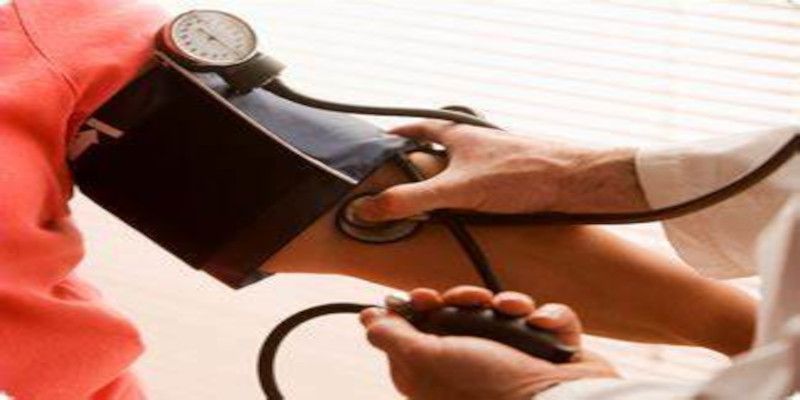Is minoxidil worth the risk?
Minoxidil is a medication primarily used for the treatment of hair loss, particularly male pattern baldness. It is available over-the-counter in various strengths, and under different brand names. While minoxidil is perfectly safe and effective for most individuals, whether it’s worth the risk or not depends on several factors such as your specific situation and … Read more







